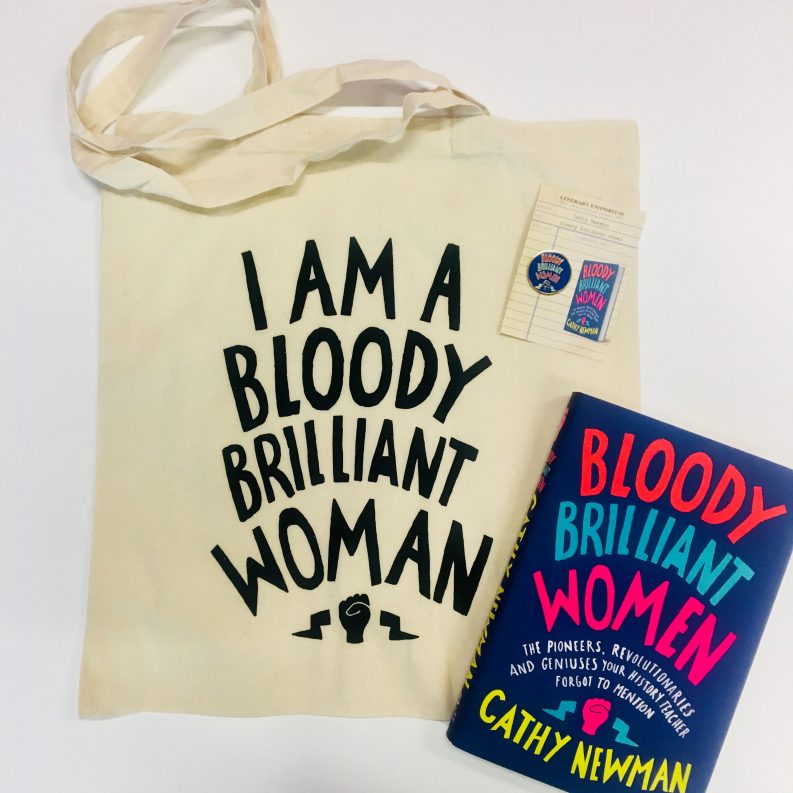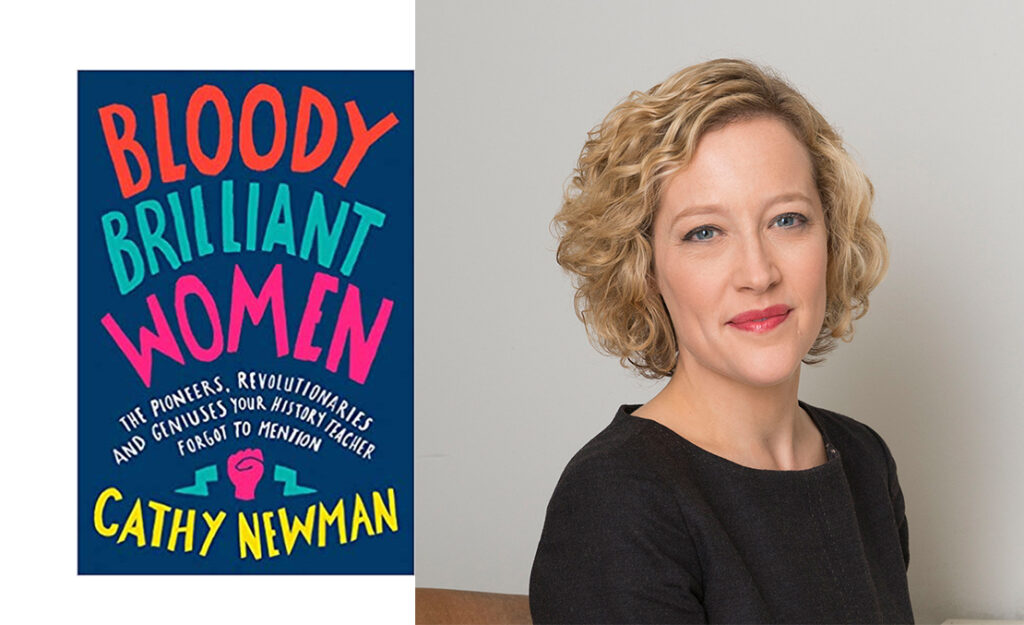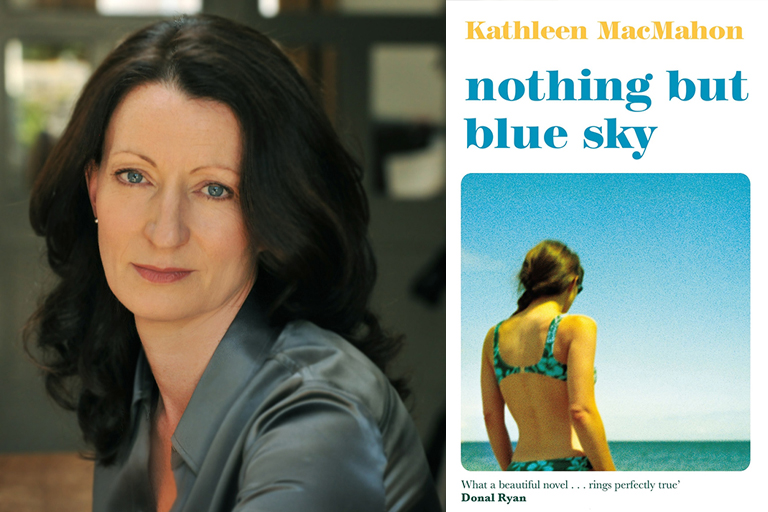2015 Women’s Prize for Fiction judge Cathy Newman has just released a blistering new book, Bloody Brilliant Women, and we couldn’t be more excited about it. The book charts the stories of overlooked female pioneers and revolutionaries that you sadly won’t have heard about in your history classes.
To celebrate the release, Cathy has picked out 10 of the most amazing trail-blazing women from her book to inspire you to reach for the stars and seek out the stories of these incredible overlooked geniuses for yourself.
Margaret Bondfield
If any woman in Westminster wants to know how it’s done, look at Margaret Bondfield. She came to politics with a purpose and a passion – exposing shoddy practices at department stores (she had to work up to a hundred hours a week for 51 weeks a year!) before becoming Britain’s first female cabinet minister in Ramsay MacDonald’s Labour government. Everyone’s heard of Margaret Thatcher – but why not Margaret Bondfield too?
Dorothy Lawrence
As a journalist myself, I totally understand Dorothy Lawrence’s desire to rush to the Western Front to report on the War. But fusty old Fleet Street wouldn’t let her. The solution? She dressed up as a soldier, “Denis Smith”, padding out her shoulders and giving herself a pretend shaving rash! She was rumbled after just a few days, so she wasn’t quite the “only English woman soldier” she claimed to be. But she gave it her best shot, and I can’t help admiring that.
Beatrice Shilling
Beatrice Shilling is THE definition of a Bloody Brilliant Woman. She’s why I’m glad I wrote the book. Because it baffles me why she’s not a household name up and down the country. As a child when, as her biographer said, a career in lion-taming was easier for a woman to contemplate than a future in engineering, Shilling honed her skills taking apart motorbikes in the back garden. Fast forward to the Second World War and her amazing expertise enabled her to fix a fatal flaw in the Spitfires. Without her the UK might not have won the Battle of Britain.
Noor Inayat Khan
I love “spy princess” Noor Inayat Khan’s incredible story. A British Muslim descended from Indian royalty, Khan spied for Britain in World War II, earning a posthumous George Cross for her bravery. Not even Le Carre could have dreamt this tale up!
Claudia Jones
“A people’s art is the genesis of their freedom”. Those words, from Claudia Jones, the journalist and activist who founded the Notting Hill carnival, should inspire people the world over. Imprisoned for her activism, her dream of freedom through art took shape on her release from jail, as she edited a newspaper for the black community in rooms above a barber’s shop in Brixton. She would be amazed by what a phenomenon the carnival is today.
Dina St Johnston
Who knew that one of the early tech titans was a woman? You’ve probably never heard of her but Dina St Johnston founded Britain’s first computer software house and developed the first real-time passenger information systems for airports and train stations. I find it frustrating that the upper ranks of the industry now feel like such a man’s world.
Margery Hurst
If you’re looking for a lesson in how to overcome personal adversity, you might find Margery Hurst an inspiration. Her husband walked out on her when their baby was just three weeks old. But she managed to set herself up as a professional typist, land a foreign princess as a client, and from there found the first secretarial bureau to be floated on the London Stock Exchange. She was urged to instal her husband in her place as chairman because having a woman running the show was seen as far too whacky! She said no – and quite right too.
Jocelyn Bell Burnell
Everyone knows about Stephen Hawking’s mind-blowing research into black holes. But far too few know that a female Astrophysicist, Jocelyn Bell Burnell, discovered pulsars – rotating stars which have reached the end of their lives, paving the way for all the subsequent work on black holes. She deserves a far bigger place in the scientific firmament.
Jayaben Desai
Imagine not only masterminding one of the defining industrial disputes of the 1970s, but also telling your boss that you and your colleagues are “lions who can bite your head off”! I’ve got more than a sneaking admiration for Jayaben Desai for doing just that during the Grunwick film processing strike. Hear that lady roar.
Nicola Pellow
It’s virtually impossible to find a picture of one of the British women who was there at the dawn of the World Wide Web. Look closely, though, and you’ll find her lurking in Tim Berners-Lee’s shadow – thanks to her work creating one of the first web browsers. I’ll think of her next time I’m googling “women in tech”.









